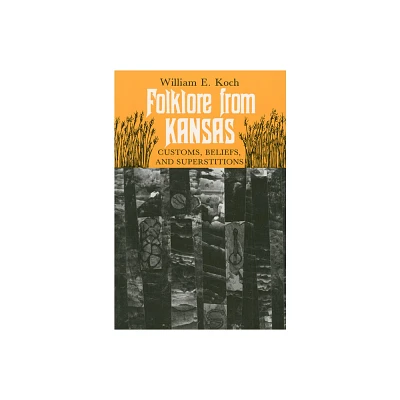Home
Theorizing Folklore from the Margins: Critical and Ethical Approaches
Loading Inventory...
Barnes and Noble
Theorizing Folklore from the Margins: Critical and Ethical Approaches
Current price: $80.00


Barnes and Noble
Theorizing Folklore from the Margins: Critical and Ethical Approaches
Current price: $80.00
Loading Inventory...
Size: Hardcover
*Product Information may vary - to confirm product availability, pricing, and additional information please contact Barnes and Noble
The study of folklore has historically focused on the daily life and culture of regular people, such as artisans, storytellers, and craftspeople. But what can folklore reveal about strategies of belonging, survival, and reinvention in moments of crisis?
The experience of living in hostile conditions for cultural, social, political, or economic reasons has redefined communities in crisis. The curated works in
Theorizing Folklore from the Margins
offer clear and feasible suggestions for how to ethically engage in the study of folklore with marginalized populations. By focusing on issues of critical race and ethnic studies, decolonial and antioppressive methodologies, and gender and sexuality studies, contributors employ a wide variety of disciplines and theoretical approaches. In doing so, they reflect the transdisciplinary possibilities of Folklore studies. By bridging the gap between theory and practice,
confirms that engaging with oppressed communities is not only relevant, but necessary.
The experience of living in hostile conditions for cultural, social, political, or economic reasons has redefined communities in crisis. The curated works in
Theorizing Folklore from the Margins
offer clear and feasible suggestions for how to ethically engage in the study of folklore with marginalized populations. By focusing on issues of critical race and ethnic studies, decolonial and antioppressive methodologies, and gender and sexuality studies, contributors employ a wide variety of disciplines and theoretical approaches. In doing so, they reflect the transdisciplinary possibilities of Folklore studies. By bridging the gap between theory and practice,
confirms that engaging with oppressed communities is not only relevant, but necessary.


















